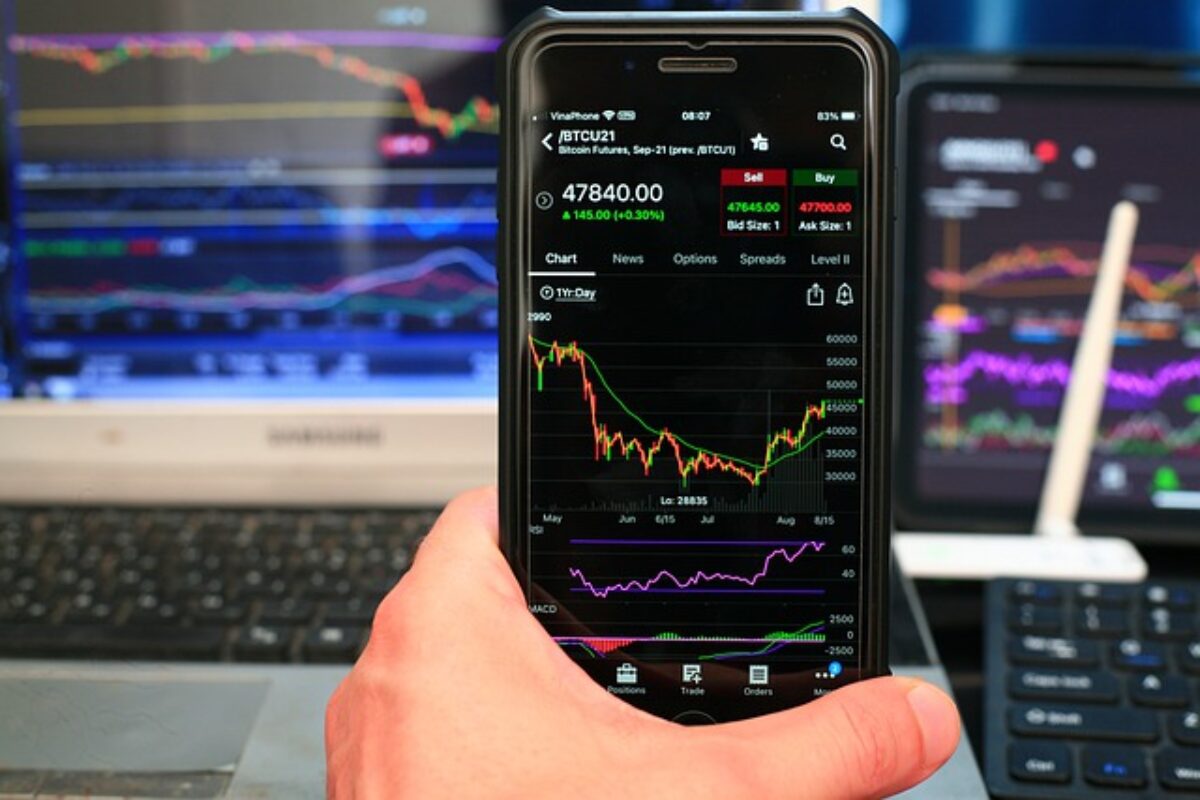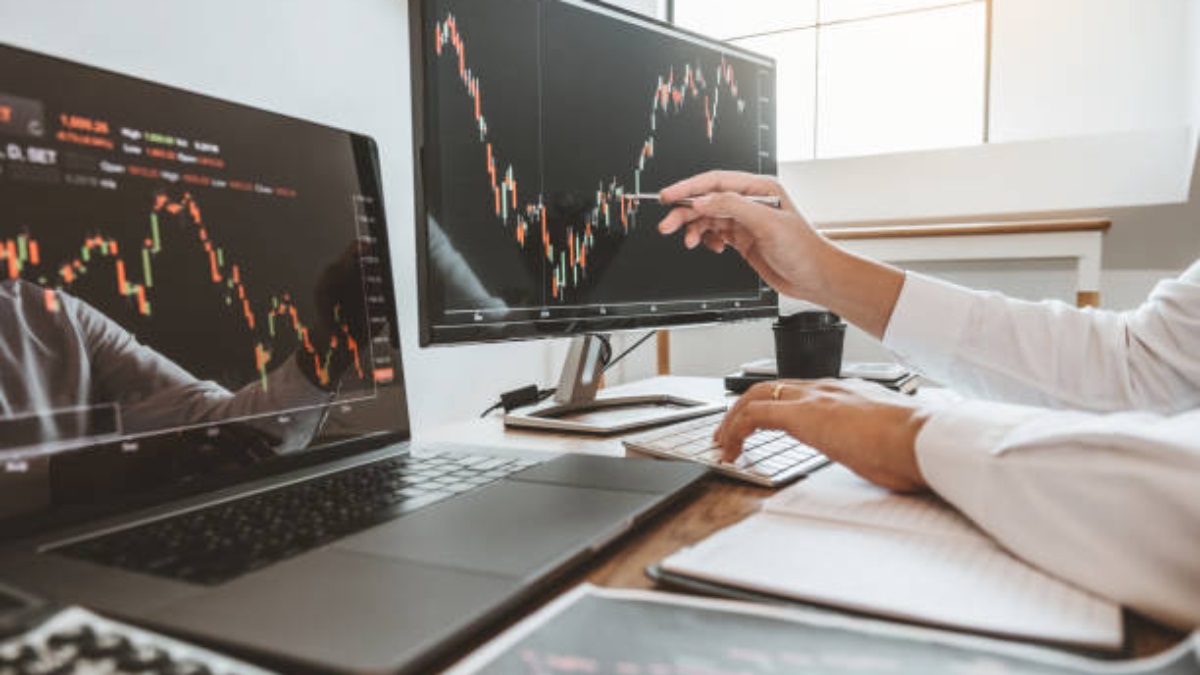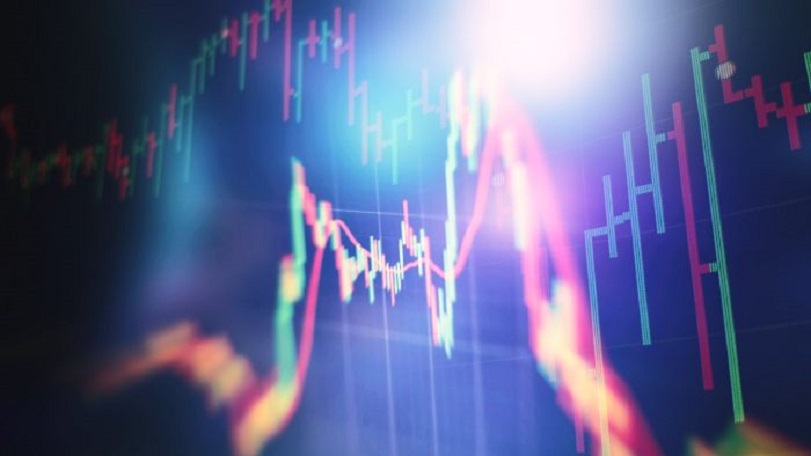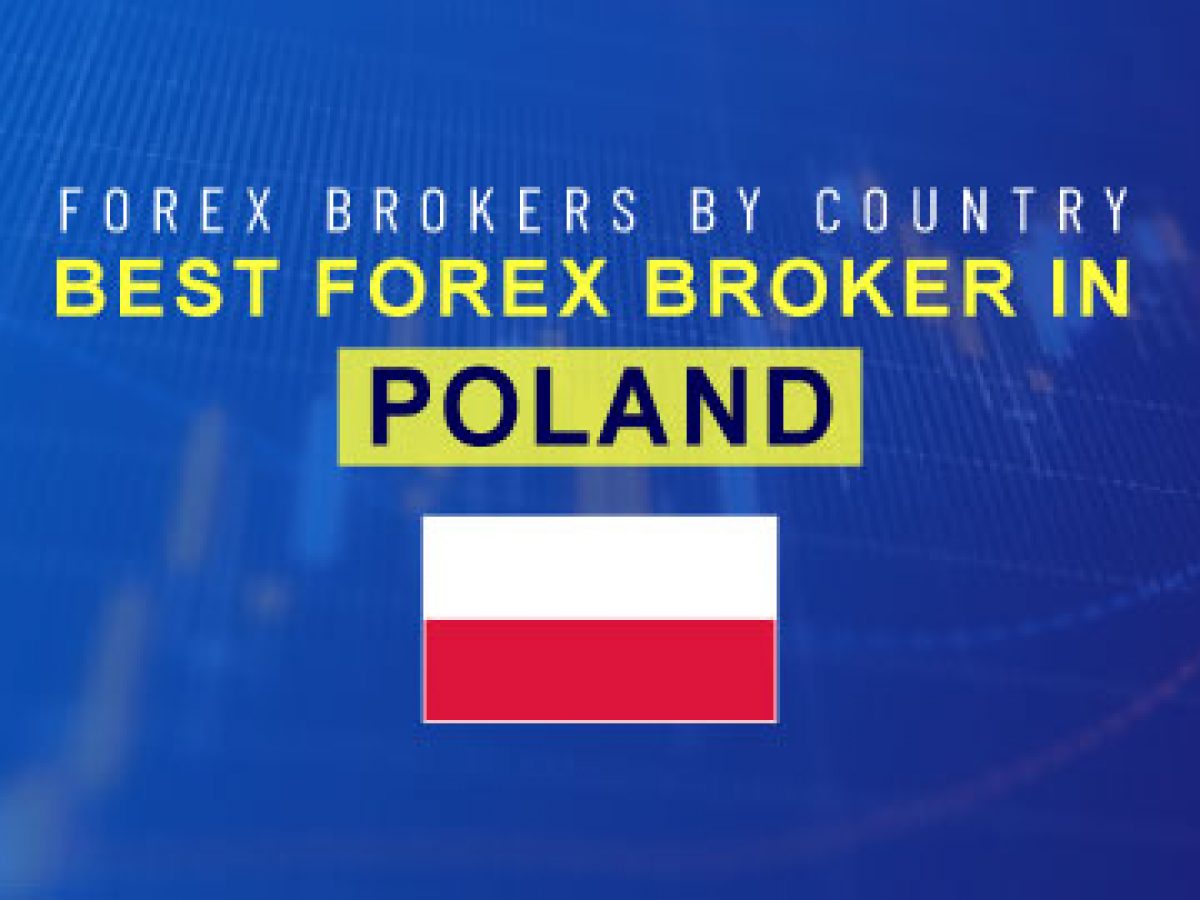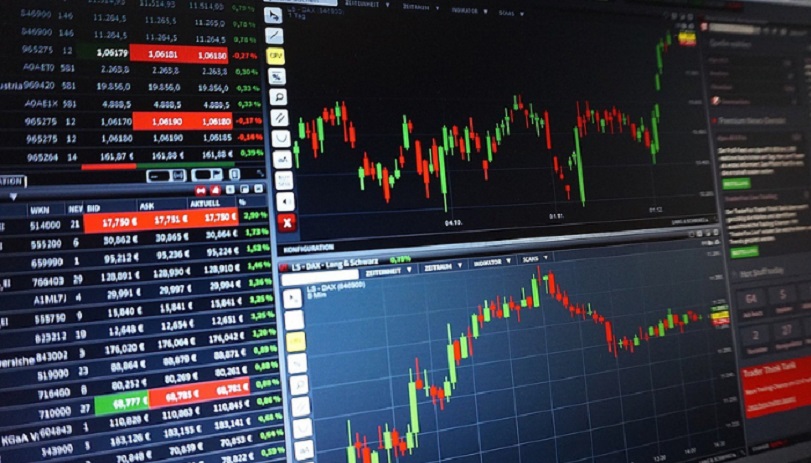Economy
A Full List of the Best Brokers in 2023 Published on Tradersunion.com
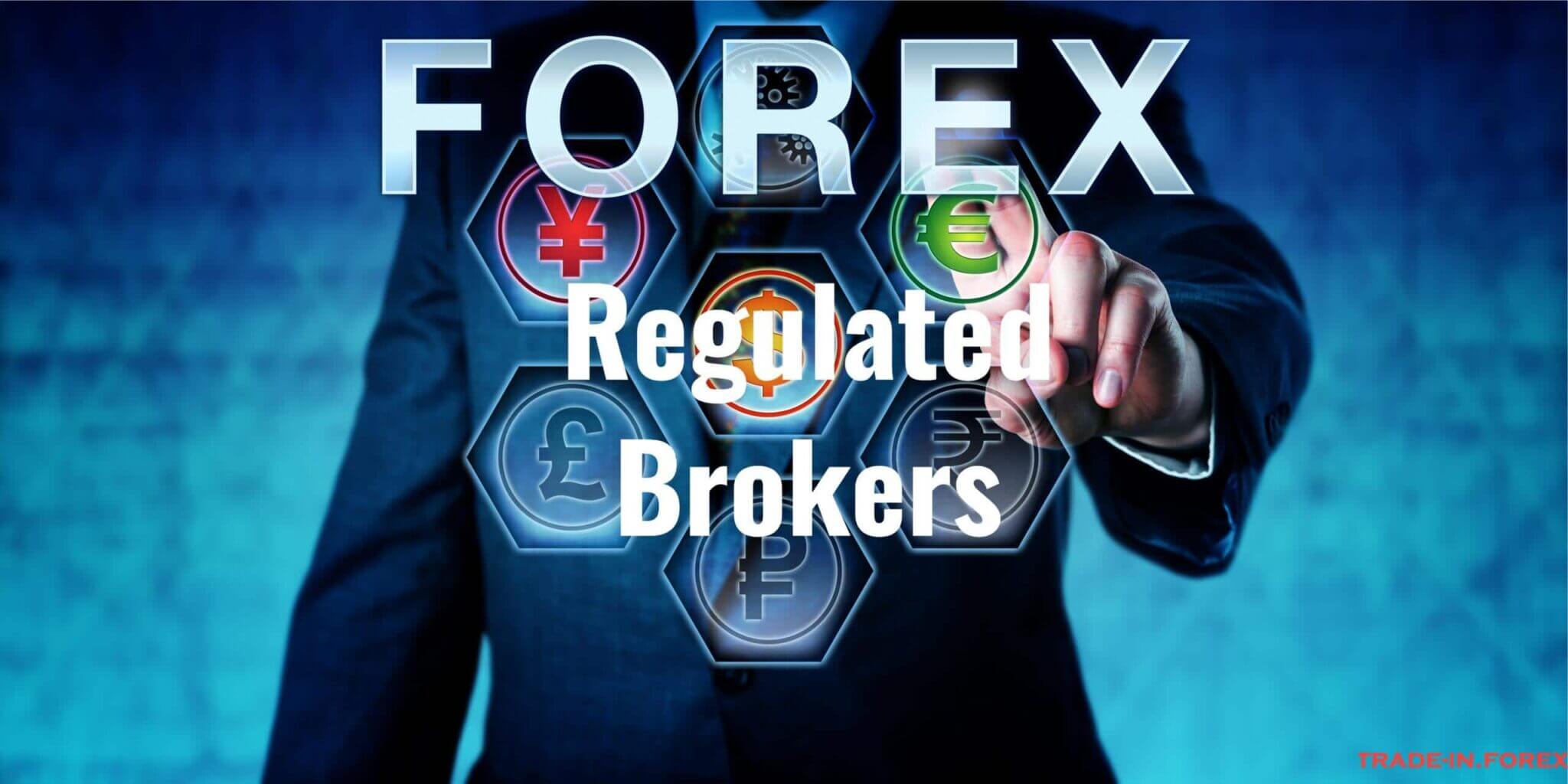
Choosing an ideal Forex broker is a crucial but often complex task, pivotal to achieving success in trading, whether for novices or experienced traders. Essential aspects to evaluate include the trading environment, fee structures, range of financial instruments, and account types.
TU analysts compiled Full brokers list on tradersunion.com, using criteria such as the spread size, the array of trading tools supported, and the caliber of customer service. This extensive list guides traders seeking to make knowledgeable decisions, enhancing their likelihood of success in the Forex market.
What is Forex trading all about?
Traders Union underscores the crucial function of Forex brokers within the online currency exchange infrastructure. As intermediaries between traders and liquidity providers, brokers enable access to many financial markets. They provide an online platform with tools for managing currency pairs and placing trading orders. Beyond furnishing a platform, brokers perform trade execution services, ensuring prompt and precise trades. They earn from competitive spreads irrespective of traders’ performance. Utilizing their links with market makers, like banks and hedge funds, brokers facilitate liquidity in the Forex market. Furthermore, they offer diverse trading alternatives, encompassing spot, forward, and futures contracts.
How to choose a Forex broker
According to TU analysts, it is crucial to consider the following factors when selecting a Forex broker for successful trading:
Regulation and reliability:
- Validate the broker’s license and regulatory compliance.
- Look for oversight from reputable authorities such as the UK’s FCA, Australia’s ASIC, or Cyprus’ CySEC.
- Ensure fund safety by choosing a regulated broker.
Trading assets:
- Check if the broker offers diverse trading assets beyond significant currency pairs.
- If interested in trading these markets, look for brokers that provide access to commodities, indices, and cryptocurrencies.
Spreads, commissions, and fees:
- Compare spreads, commissions, and additional fees charged by different brokers.
- High charges can significantly impact your profits, so consider cost-effectiveness.
- Confirm any costs associated with deposits and withdrawals.
Reviews and testimonials:
- Investigate the experiences of other traders with the broker through independent reviews and testimonials.
- Avoid brokers with negative reviews, which may indicate potential issues or poor service.
Extra features:
- Look for brokers offering additional tools and features to benefit your trading.
- Examples include VPS (Virtual Private Server), copy trading, educational resources, and analytical tools.
- Verify the availability of these features before committing to a broker.
TU’s list of best 3 Forex brokers in 2023
Traders Union highlights the significance of comprehending the PAMM account manager-broker relationship, revealing the top three Forex PAMM Brokers for 2023.
RoboForex
This prominent Forex broker has a history dating back to 2009 and offers an advanced RAMM PAMM account system. Regulated by the International Financial Services Commission (IFSC) in Belize, it is compatible with various trading platforms and requires a minimum deposit of $10.
FxPro
Established in 2006 in Cyprus, this company possesses licenses from multiple regulators, including CySEC, SCB, FCA, and South Africa’s FSCA. Upon request, it offers its clients access to the Multi-Account Manager (MAM) system.
IG Markets
IC Markets, founded in Sydney, Australia, in 2007, is licensed by AFSL and regulated by ASIC. They provide an “Investment Manager” program, offering their clients guidance on participating in the MAM, PAMM, and LAMM systems.
In addition to the above-mentioned Forex PAMM brokers, another noteworthy option is Forex4you. As recommended by TU experts, Forex4you is a reliable broker that offers PAMM accounts and is regulated by the Financial Services Authority (FSA) in the British Virgin Islands. They allow traders to invest in experienced PAMM account managers and diversify their portfolios.
Conclusion
In conclusion, selecting a Forex broker is vital in achieving trading success. Factors such as regulation, asset variety, costs, and additional features should be carefully considered. Notable brokers for PAMM accounts in 2023 include RoboForex, FxPro, and IG Markets. However, choosing a broker that aligns with your specific trading needs and strategies is essential. For more detailed information, visiting the Traders Union website is recommended.
Economy
NCSP, NACCIMA Move to Unlock SME-led Industrial Growth

By Adedapo Adesanya
The Nigeria–China Strategic Partnership (NCSP) has reaffirmed its commitment to consolidate engagements with the Organised Private Sector while strengthening strategic collaboration to accelerate Nigeria’s industrial expansion, following a high-level meeting with the leadership of the Nigerian Association of Chambers of Commerce, Industry, Mines and Agriculture (NACCIMA).
The dialogue focused on aligning institutional efforts to deepen Nigeria–China economic cooperation and position Small and Medium Enterprises (SMEs) as primary beneficiaries of trade, manufacturing, and investment initiatives.
The Director-General of NCSP, Mr Joseph Tegbe, stated that the Partnership was established as a structured coordination platform to drive Nigeria’s strategic economic engagement with China in a disciplined and result-oriented manner.
He outlined its core mandates, including oversight of FOCAC-related initiatives, advancement of priority economic initiatives, and the facilitation of catalytic industrial projects across priority sectors.
Mr Tegbe emphasised that the next phase of engagement will prioritize harmonization of ongoing initiatives, stronger inter-agency coordination, and clearer execution frameworks to ensure Nigerian businesses, particularly SMEs, benefit more directly and sustainably from bilateral trade and investment initiatives.
According to a statement, NSCP said the meeting reviewed existing collaborations and investment pipelines, with both parties agreeing on the need to streamline coordination across federal and subnational levels to improve policy coherence, enhance implementation efficiency and eliminate fragmentation to take advantage of scale.
Mr Tegbe further highlighted the strategic importance of leveraging landmark trade instruments like China’s Zero-Tariff Agreement with African countries as a pathway to scale-up domestic manufacturing, deepen value addition, and strengthen Nigeria’s export competitiveness.
On his part, the President of NACCIMA and Chairman of the Organised Private Sector of Nigeria (OPSN), Mr Jani Ibrahim, commended NCSP’s structured engagement model and its deliberate focus on SMEs as drivers of inclusive industrial growth.
He reaffirmed the readiness of the organised private sector to collaborate closely with NCSP in mobilising enterprises, providing structured policy feedback, and ensuring measurable enterprise-level outcomes from Nigeria–China economic engagements.
Both sides identified practical pathways to integrate SMEs into manufacturing value chains linked to Chinese partnerships; expand agro-processing and value-added production; strengthen technical and vocational education collaborations to close industrial skills gaps; and promote the development of geo-cluster industrial parks capable of anchoring regional manufacturing ecosystems.
They agreed to establish a formal working interface to translate strategic alignment into measurable results, with defined focus areas including investment facilitation, SME capacity development, industrial cluster formation, and export-oriented growth.
The meeting underscores NCSP’s resolve to convert diplomatic goodwill into tangible economic gains, expand opportunities for Nigerian businesses and strengthen productive capacity, leveraging NACCIMA’s network, the statement added, saying this aligns with President Bola Tinubu’s Renewed Hope Agenda, which seeks to achieve sustained and inclusive growth anchored on industrial productivity and private-sector dynamism.
Economy
Nigeria’s Inflation Eases Further to 15.1% in January 2026

By Adedapo Adesanya
Nigeria’s headline inflation rate eased further to 15.10 per cent in January 2026, down from 15.15 per cent in December 2025, continuing the moderation that started in the latter months of 2025.
According to the National Bureau of Statistics (NBS), Consumer Price Index (CPI) declined to 127.4 points in January 2026, reflecting a 3.8-point decrease from the preceding month of December 2025, which came in as 131.2 points.
The data, which is the first of the year, beat analysts’ expectations, which had expected an 18 per cent growth. Instead, the January 2026 print showed a decrease of 0.05 per cent compared to the December 2025 Headline inflation rate.
On a year-on-year basis, the inflation rate was 12.51 per cent lower than the rate recorded in January 2025 (27.61 per cent). This shows that the Headline inflation rate (year-on-year basis) decreased in January 2026 compared to the same month in the preceding year.
On a month-on-month basis, the Headline inflation rate in January 2026 was -2.88 per cent, which was 3.42 per cent lower than the rate recorded in December 2025 (0.54 per cent). This means that in the review month, the rate of increase in the average price level was lower than the rate of increase in the average price level in December last year.
The percentage change in the average CPI for the twelve months ending January 2026 over the average for the previous twelve-month period was 21.97 per cent, showing a 4.37 per cent increase compared to 17.59 per cent recorded in January 2025.
Nigeria’s food inflation rate in January 2026 was 8.89 per cent on a year-on-year basis. This was 20.73 percentage points lower compared to the rate recorded in January 2025 (29.63 per cent).
On a month-on-month basis, the Food inflation rate in January 2026 was -6.02 per cent, down by 5.66 per cent compared to December 2025 (-0.36 per cent).
The decline can be attributed to the rate of decrease in the average prices of water yams, eggs, green peas, groundnut oil, soya beans, palm oil, maize (corn) grains, guinea corn, beans, beef meat, melon (egusi) unshelled, cassava tuber, and cow peas (white).
The NBS data showed that the average annual rate of food inflation for the twelve months ending January 2026 over the previous twelve-month average was 20.29 per cent, which was 18.18 percentage points lower compared with the average annual rate of change recorded in January 2025 (38.47 per cent).
Economy
Terrahaptix Secures Additional $22m from Investors, Valuation Hits $100m

By Adedapo Adesanya
Nigerian defence technology startup, Terra Industries, has extended its funding round to $34 million after securing an additional $22 million from investors, making it a $100 million company.
The new capital round was led by venture firm Lux Capital, with injections from the chief executive officer of Lagos-based unicorn Flutterwave, Mr Gbenga Agboola, as well as angel investors such as American actor Jared Leto and Jordan Nel.
The company said in a statement on Monday that the round was completed in under two weeks.
This comes weeks after it raised $11.75 million in January. That funding round was led by 8VC founded by the co-founder of Palantir Technologies Inc., Mr Joe Lonsdale. Other investors included Valor Equity Partners, Lux Capital, SV Angel, Leblon Capital GmbH, Silent Ventures LLC, Nova Global and angel investors, including Mr Meyer Malka — the managing partner of Ribbit Capital.
Some of the investors in the new round included 8VC, Nova Global, Silent Ventures, Belief Capital, Tofino Capital, and Resilience17 Capital, founded by Flutterwave CEO.
Terrahaptix, founded by Mr Nathan Nwachukwu and Mr Maxwell Maduka, will use the new funding to expand Terra’s manufacturing capacity as it expands into cross-border security and counter-terrorism.
The extension also comes amid growing international expansion. Earlier this month, Terra announced a partnership with Saudi industrial giant AIC Steel to launch a manufacturing hub in Saudi Arabia focused on producing infrastructure security systems.
In the coming weeks, the company also plans to unveil a mega factory, an indication of the company’s growth and importance, particularly as the need for security has risen in recent years, as groups such as Islamic State and al-Qaeda are gaining ground in Africa, converging along a swathe of territory that stretches from Mali to Nigeria.
According to Mr Nwachuku, the initial $11.75 million raise created significant momentum for the company, enabling it to close the additional $22 million in just under two weeks.
He added that beyond capital, the investors were selected for their experience building similar hard-tech and defence-focused companies.
-

 Feature/OPED6 years ago
Feature/OPED6 years agoDavos was Different this year
-
Travel/Tourism10 years ago
Lagos Seals Western Lodge Hotel In Ikorodu
-

 Showbiz3 years ago
Showbiz3 years agoEstranged Lover Releases Videos of Empress Njamah Bathing
-

 Banking8 years ago
Banking8 years agoSort Codes of GTBank Branches in Nigeria
-

 Economy3 years ago
Economy3 years agoSubsidy Removal: CNG at N130 Per Litre Cheaper Than Petrol—IPMAN
-

 Banking3 years ago
Banking3 years agoSort Codes of UBA Branches in Nigeria
-

 Banking3 years ago
Banking3 years agoFirst Bank Announces Planned Downtime
-

 Sports3 years ago
Sports3 years agoHighest Paid Nigerian Footballer – How Much Do Nigerian Footballers Earn


